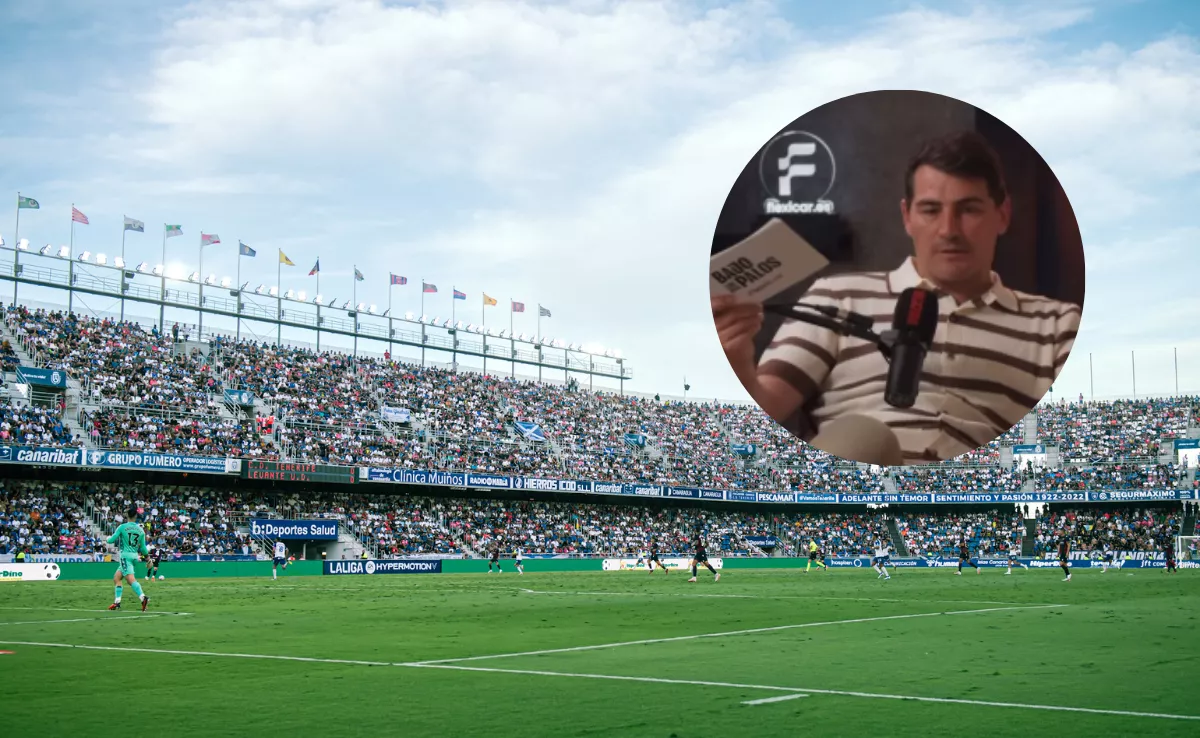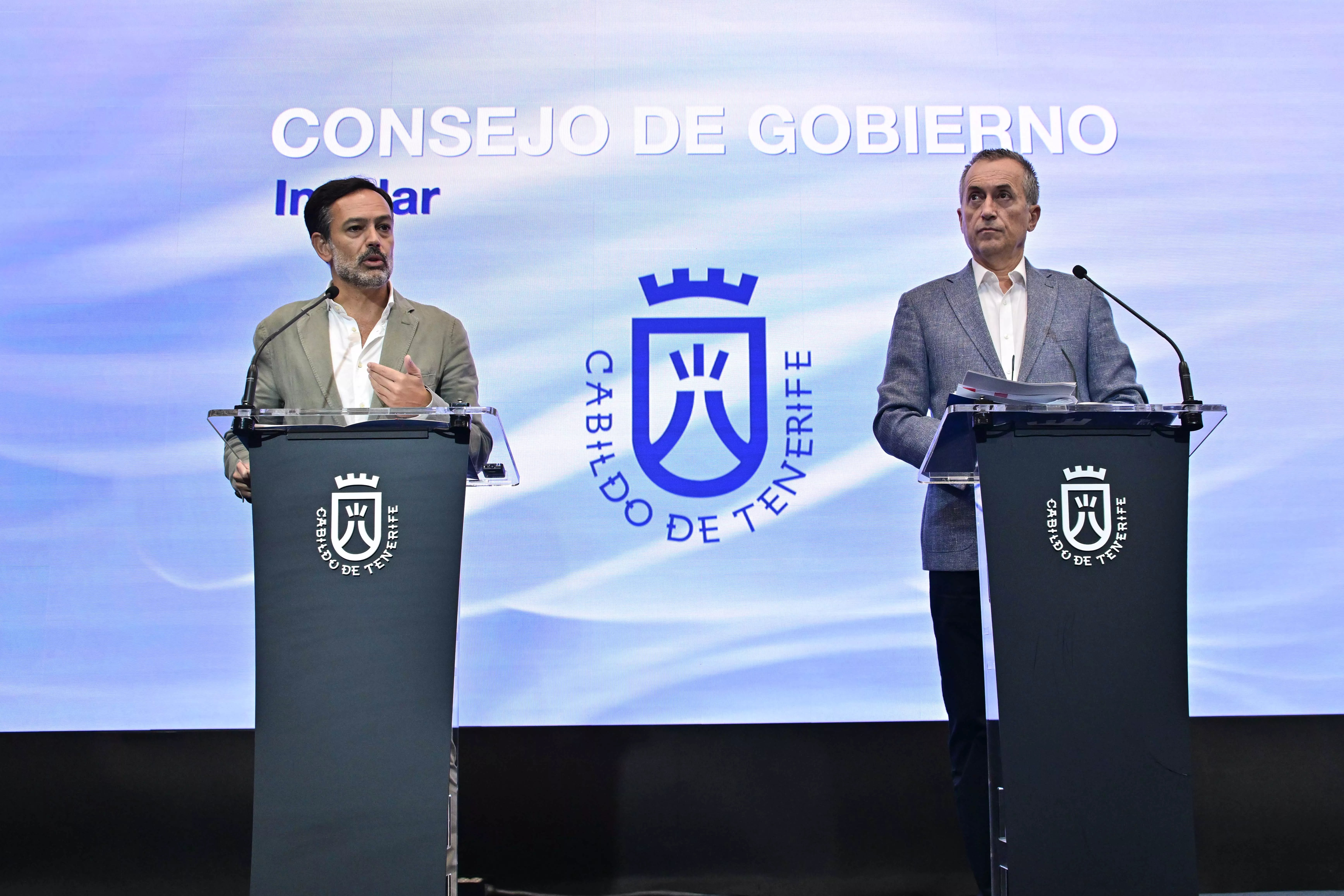Casillas Reflects on Football Trauma Linked to Tenerife

Some defeats carry more weight than the titles won. While some become collective scars, others remain as personal memories that stir emotions even decades later. For Iker Casillas, one of Spain’s greatest goalkeepers, the name Tenerife still resonates uncomfortably.
Childhood Trauma
In the podcast Bajo los palos, the former goalkeeper recalled the feelings he experienced as a child when Real Madrid let two consecutive La Liga titles slip away at the Heliodoro Rodríguez López. What began as a childhood trauma evolved into a symbol for Madridismo.
Two Lost Championships
The memories date back to the 1991-92 and 1992-93 seasons. On both occasions, Madrid went into the final matchday as league leaders, full of hope to lift the trophy. However, CD Tenerife emerged as an unexpected executioner. In 1992, the white team lost 3-2, with a historic goal from Pier forever etched in memory. A year later, on June 20, 1993, the story repeated itself: a 2-0 defeat, with goals from Chano and Dertycia. This loss not only meant the end of Madrid’s championship hopes but also secured Tenerife’s first entry into European competition, qualifying for the UEFA Cup.
The Eyes of a Child
Casillas was just over ten years old when he watched those matches from his living room. He confessed he could hardly believe what he was witnessing: “In the first match, I cried; in the second, I thought: I can’t believe it’s Tenerife again.” The island, usually seen as a joyful tourist destination, for him became synonymous with football nightmares. “I always associated Tenerife with the worst possible outcome for a Madridista,” he explained in his conversation with commentator Carlos Martínez.
The Weight of Fate
The journalist noted that back then, the league fixtures were entirely unconditioned by the calendar. The fact that Madrid ended the league in Tenerife for two consecutive years seemed less like coincidence and more like fate. Casillas summarised it succinctly: “I knew it.” Over time, the goalkeeper even asked members of that squad how they had experienced those matches. Their responses confirmed the severity of that outcome.
Historical Consequences
What transpired at the Heliodoro not only impacted Madridismo but also propelled the figure of Jorge Valdano, then Tenerife’s manager, who would eventually join Real Madrid. For those aligned with Barcelona, these defeats of their eternal rivals became a symbol of celebration: thus, the myth of the “Tenerife miracle” was born, complete with stickers bearing the clubs’ emblems and the phrase “Friends Forever.” For one side, it was a nightmare; for the other, an epic feat. That is how these encounters became fixed in the collective memory of Spanish football.
Bittersweet Affection
Despite all this, Casillas sought to clarify his sentiments. He expressed profound respect for the island and its beauty: “Within a wonderful city and beautiful islands,” he emphasised. The issue, he clarified, is that football creates its own symbols; for an entire generation of Madridistas, Tenerife became synonymous with bitterness. Thirty years later, the echo of those lost leagues still resonates. For Casillas, Tenerife remains highlighted in red on his childhood calendar—a harsh lesson that shaped the identity of a supporter even before stepping onto a stadium as a player.














